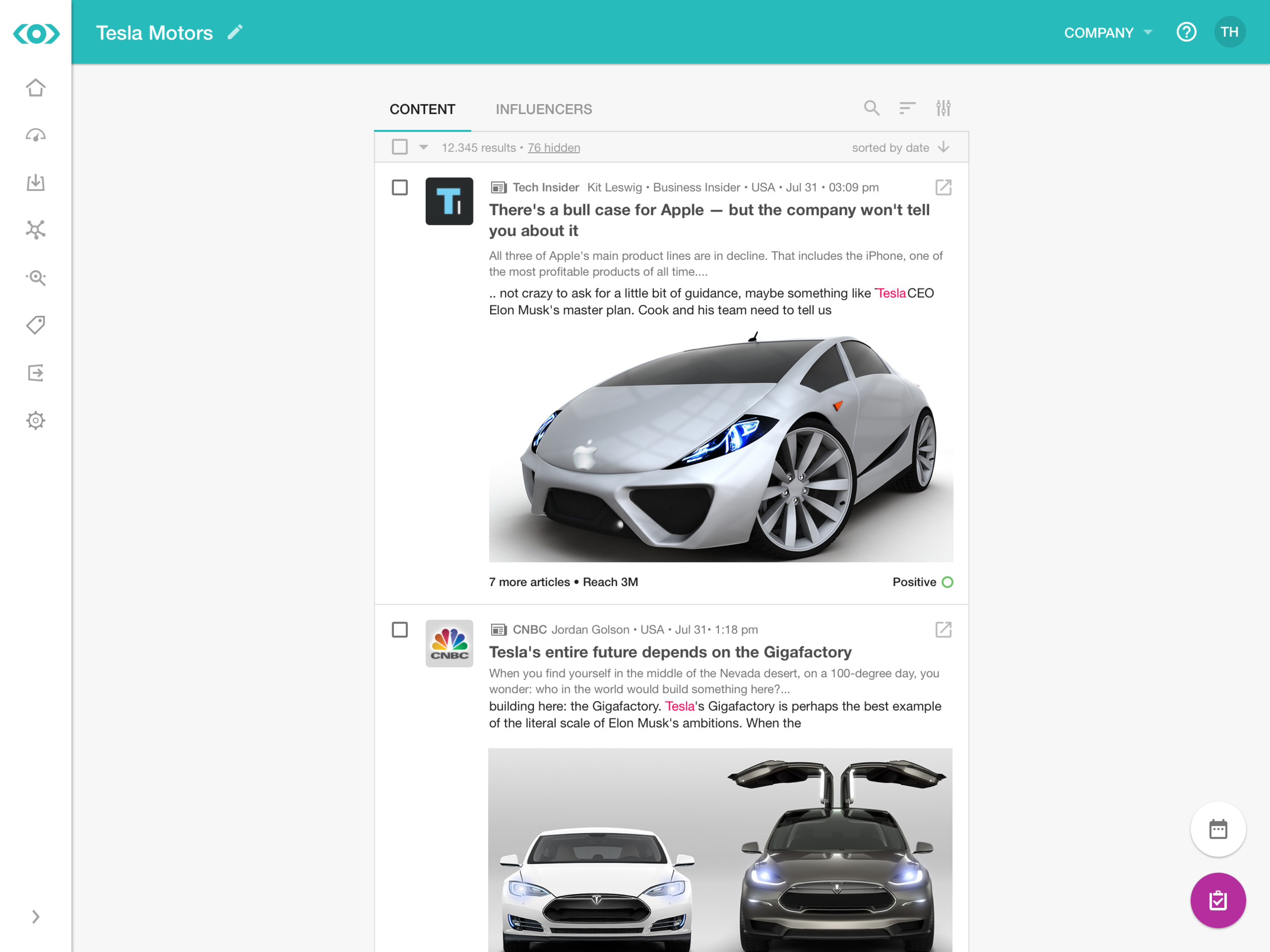Search is powerful. It can make all the difference in the world for the success of your product. When it's the core of your product you better get it right. Search at Meltwater goes a bit deeper than the average search.
Challenge
Let's start with the basics.
Keyword Search
Often times you explore with keyword search—a fast, simple, and powerful tool for searching coverage. Define your Keyword Search using concept, brand, or entity phrases that you drag and drop to create logical and/or/not statements.
Advanced Search
Advanced Searches may be crafted and refined over months or years. They allow you to use a Boolean statement in your search. You can create Advanced Searches from scratch or start with a Keyword Search and modify its Boolean expression. Build your query by typing directly into the Boolean Query box. The more specific you are, the more relevant your results will be.
Now let's dig a little deeper.
Boolean Operators and Characters
Advanced searches use Boolean operators and characters to help define relationships between keywords. By building a Boolean statement you can include wildcards as well as information about keyword locations and proximity to each other in your search statements. A list of the most commonly used operators and characters resides below.
AND—an inclusionary operator. The terms on either side of “AND” must appear together in an article, regardless of proximity to each other.
OR—a conditional operator. Either the term before or the term after “OR” must appear in an article for it to pull into the system.
NOT—an exclusionary operator. If the term on the right side of the “NOT” appears in an article, regardless of the left-side terms the article will not be pulled into the system.
NEAR/n—an inclusionary operator that considers proximity. The terms on either side of
“NEAR/n” must appear together in an article within “/n” keywords of each other, such as
NEAR/8 or NEAR/20
. Title—only searches the headline of an article when included before a search term. Ingress—only searches the first paragraph of an article when included before a search term. Quotation marks—use when you’d like two words to be searched as one term. Parentheses—use similarly as quotation marks, but to group multiple terms together.
Question mark—a wildcard operator that can take the place of any single character; for example, “implement?” will pull “implement” or “implements.”
Now here's how we make an incredibly powerful search experience appealing. We include facets beside the search results allowing you to drill down further sentiment, source, source type, geo or reach.
Responsive design for tablet and mobile



